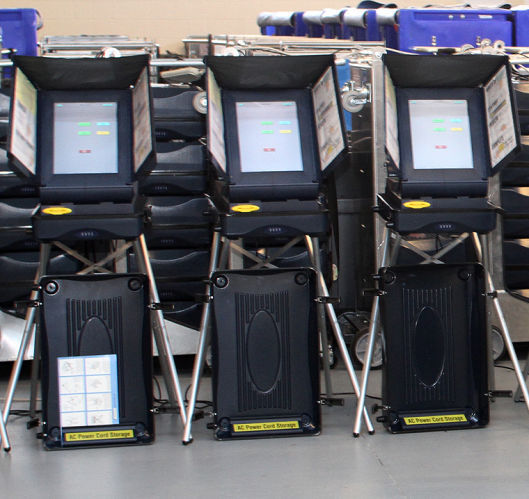INDIAN RIVER COUNTY — The Indian River County Commission Thursday approved a 5.6-percent increase in the general fund millage rate and a 15-percent increase in the emergency services rate that pays for fire protection and ambulance service.
The millage rate is the percentage of property value the county charges property owners each year to fund government services.
The higher tax rate will add about $65 to the property tax bill of a homeowner with a $200,000 house covered by a homestead exemption, according to County Administrator Joe Baird.
On the island, where the median home price is around half a million, the average tax increase will be approximately $200 per year, except in Indian River Shores where it will be less because the Shores funds its own emergency services.
The bump – which will help pay for higher retirement fund contributions mandated by the state, a three-percent raise for most county employees and small budget increases requested by the Sheriff, Property Appraiser and Supervisor of Elections – was slightly more than what Baird had requested in the proposed budget he presented to the commission.
The commission’s decision came after a full day of debate that amounted to a three-cornered sparring match with the Constitutional Officers in one corner, County administrators in the second corner and the Commissioners in the third.
Baird set the stage by asking for a property tax increase to reduce the amount of money the county will have to take from its reserve funds to pay for ongoing operations in the upcoming 2013-14 fiscal year.
The county has not raised the millage rate in a number of years and Commissioners Joe Flescher and Bob Solari let it be known early in the meeting they were against any increase now, even though a reviving economy and increasing population has created demand for more government services.
Commissioners Peter O’Bryan and Wesley Davis were inclined to support the increase to reduce deficit spending.
“We are at a point now where we need to set the millage rate at a level where it will cover the cost of services we need to provide,” O’Bryan said, noting that even with the increase the millage rate would still be lower than it was in the middle of the last decade, because the Commission reduced it several times during the property boom.
To balance the county budget, Baird proposed funding only a portion of the departmental increases asked for by the Sheriff, Appraiser and Supervisor of Elections.
By doing that, he harnessed the influence and in some cases the ire of the constitutional officers in support of his request for new revenue.
Sheriff Deryl Loar made an effective speech asking for his full $1.8-million funding increase, noting that his deputies have not had a pay raise in seven years.
“I am asking for a commitment from this board that I can take back to my employees,” he said.
Property Appraiser David Nolte said bluntly that increased building and real estate activity were creating more work for his department and that he could not keep up without additional equipment and a new employee. He asked for a budget increase of approximately $300,000.
Elections Supervisor Leslie Swan said she needed a small $50,000 increase in her budget to strengthen her IT department and meet increased material costs.
The constitutional officers and Baird all emphasized how much they have cut their budgets over the past several years as part of their justification for increases now.
Baird said next year’s $254-million budget is down 46 percent since fiscal year 2006-07, when the Commission approved $472 million in expenditures.
He said the county continually cut its budget and employee count during the recession, and now has 259 fewer fulltime employees than it did in fiscal 1990-91, even though the county’s population has increased by 50 percent.
Nolte flipped through sheets of paper at the podium rattling off how much he cut his budget in each of the last five or six years.
“I need the money I am asking for now,” he said.
Brown said that a number of county departments have deferred maintenance and capital equipment purchases during recent years and that these deficits will have to be made up going forward, suggesting that the difference between county income and expenditures would only grow going forward if the millage rate was not increased.
After seven hours of argument and discussion Solari made a motion to keep the general fund millage rate unchanged.
When that motion was defeated 2-3, with Flescher supporting Solari, O’Bryan made a motion to fully fund the constitutionals and raise the millage rate to the revised level requested by Baird.
With two commissioners clearly dug in on each side of the issue, Commissioner Tim Zorc was the deciding vote. He asked Baird and Brown several additional questions and made comments that recognized the validity of both positions, keeping the chamber in suspense for a while longer.
Finally around 4 p.m. he said he would support the motion.
In the end, Flescher voted with O’Bryan, Davis and Zorc to increase the general fund millage rate, leaving Solari the sole holdout.
The commission unanimously passed the 15 percent increase in the emergency services fund millage rate, because that fund reserve is nearly exhausted and some equipment is in dangerously dilapidated condition.

